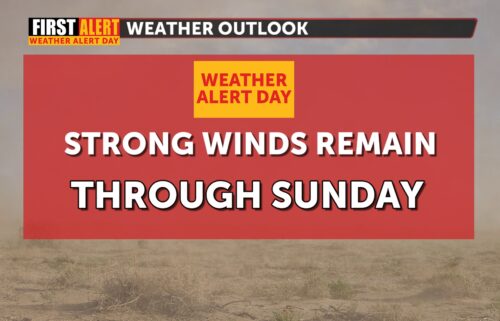City of Palm Springs eases vacation rental regulations to help LA wildfire evacuees
The Palm Springs City Council unanimously approved temporarily easing the city's vacation rental regulation to help LA wildfire evacuees who sought shelter in the Coachella Valley.
In an effort to support those impacted, the city passed an adjustment to annual stay limits.
According to Palm Springs Mayor Ron deHart, residents had been asking how they can help evacuees.
"People were saying, 'Hey, we would love we want to house people. We want to cut the rates, give them a place to stay,'" said deHart. "But the challenge was it was counting against their limited number of rentals that they're allowed."
That's when the City Council came together to reach a consensus on short term rental agreement requirements.
"We went to council and asked if we could relax the guidelines just for the another 28 days," said deHart. "Actually, just a short term deal to give folks continued relief that they are looking for."
The new measure runs from January 77th to February 28th, and allows vacation rental owners to offer stays of up to 28 days to be treated as 'friends and family' bookings, exempt from the usual yearly caps and will be retro active to the date the emergency declaration was made.
Local short term rental companies support this move as well, says Kenny Cassidy, the Director of Business Development at Acme House Company.
"The new measure really benefits the guests that are coming from Los Angeles, because we're able to accommodate more of them," said Cassidy. "Whether at deep discounts or for free."
He also says it's helpful for owners, who were previously worried about surpassing the allowed quota of rentals for the year.
"It doesn't really benefit the homeowners or the agency so much as it is an absence of penalizing them," said Cassidy. "So that we can accommodate more of those guests without breaking any of the rules with the city. It feels really great to be able to help these folks and not have to worry about the rules and regulations that would have otherwise perhaps constricted us there. There's definitely a need right now, and there's going to be a need that will probably continue well beyond February."




